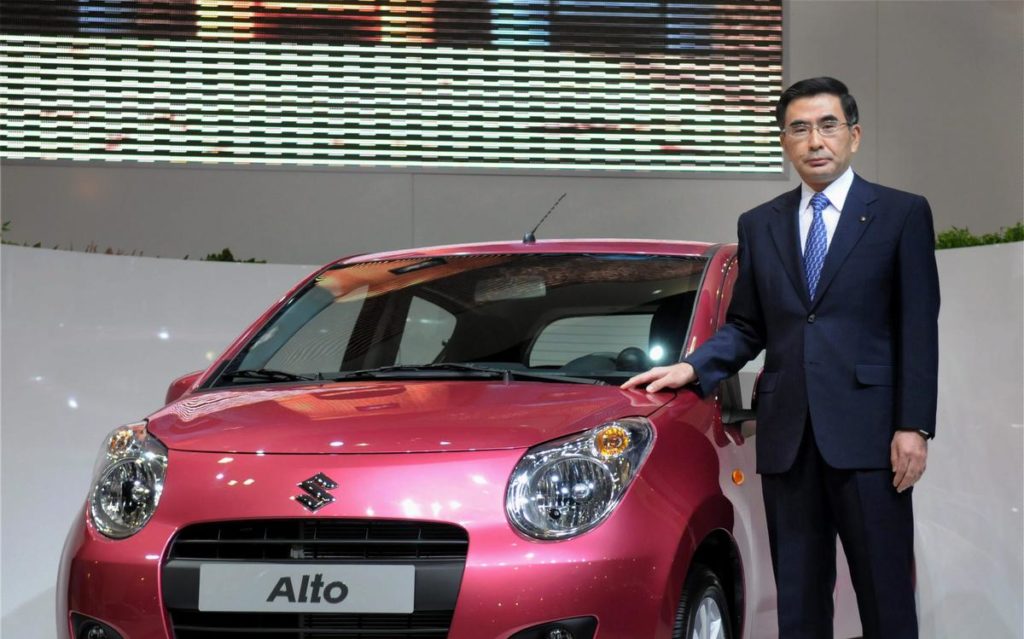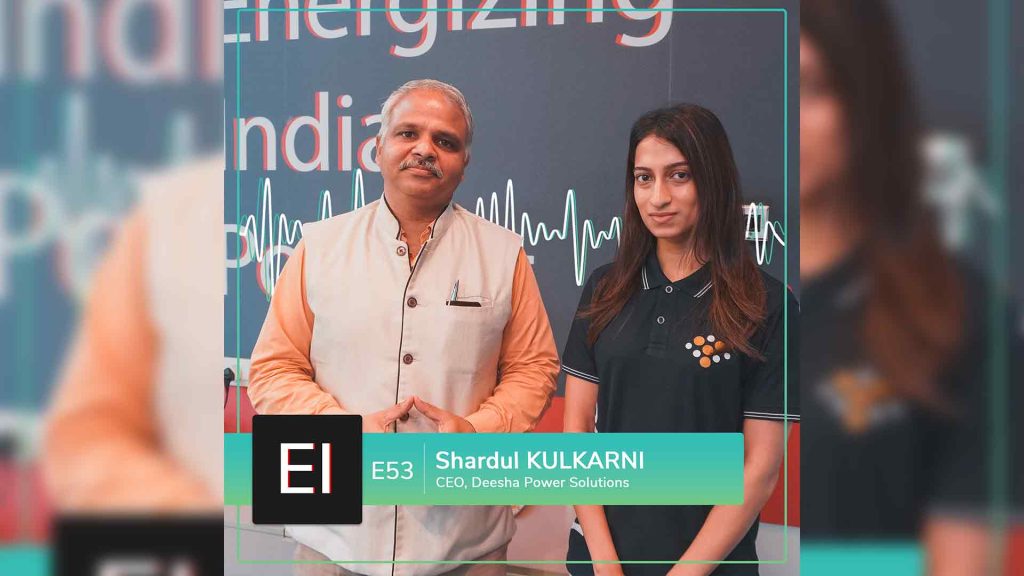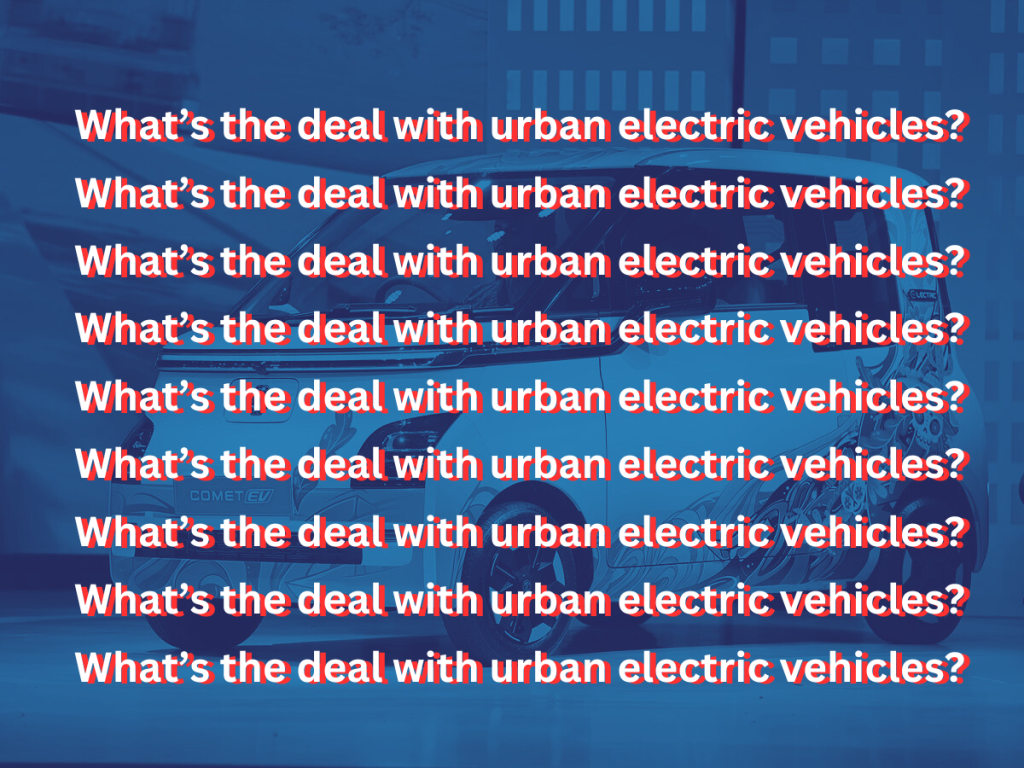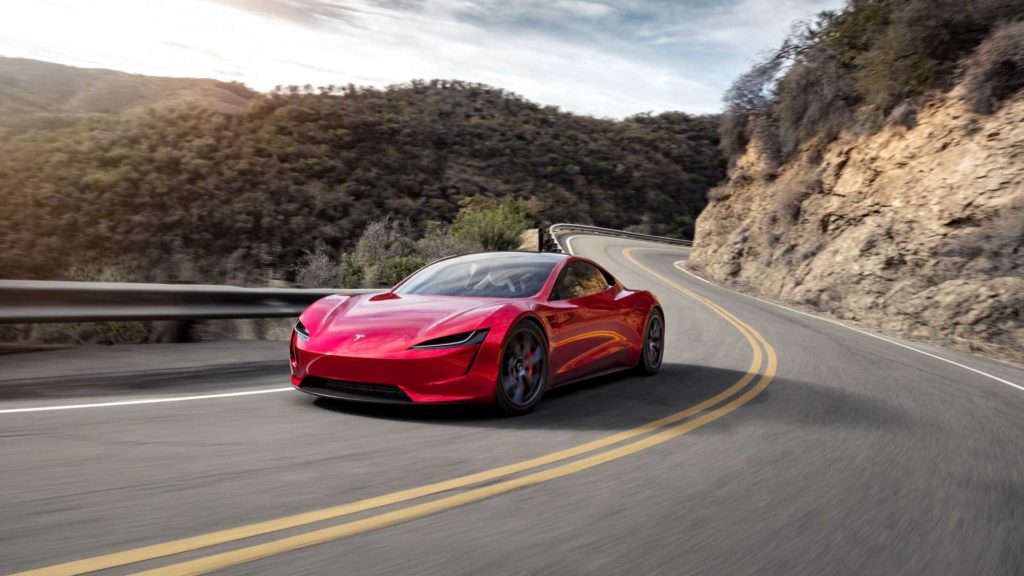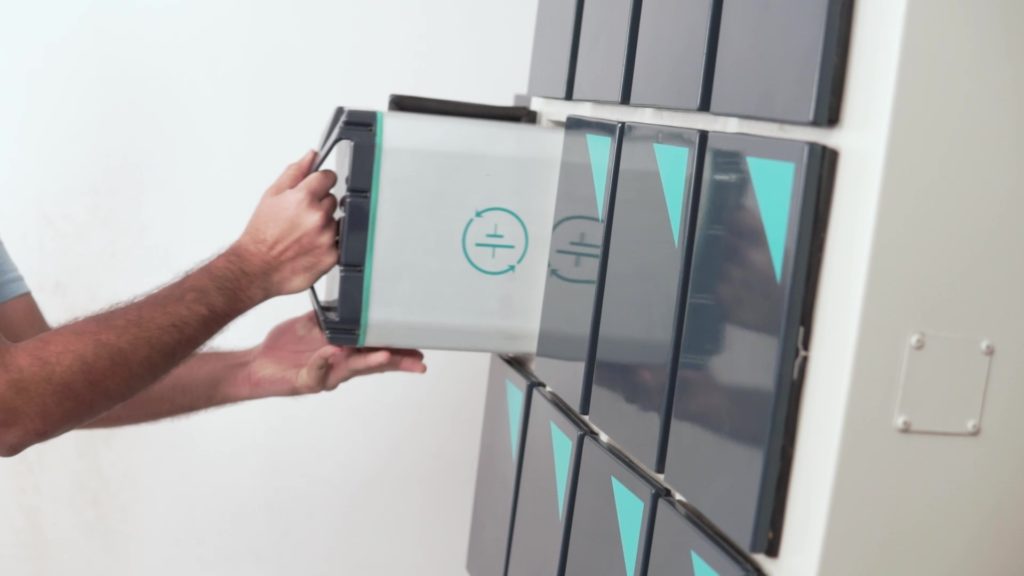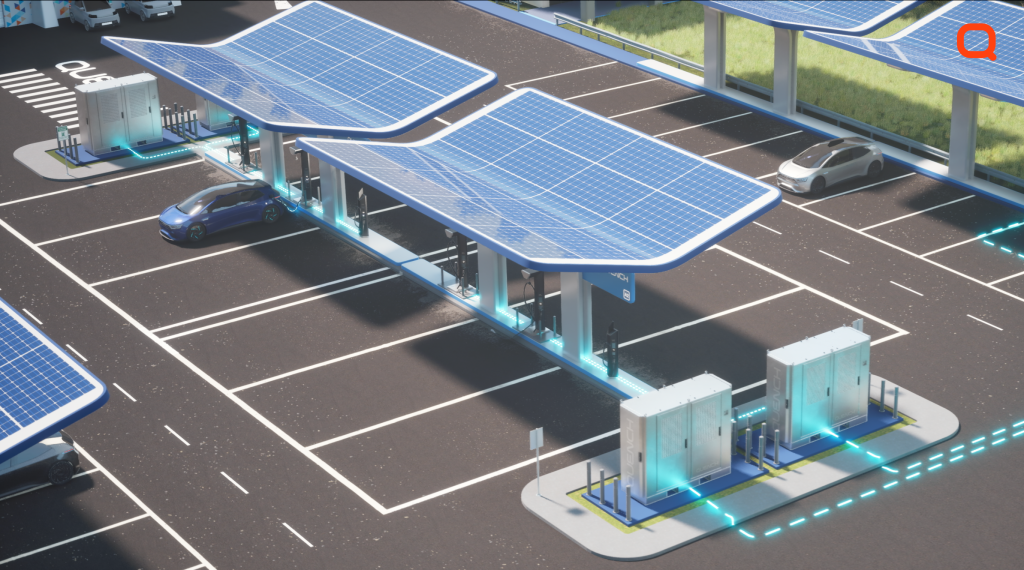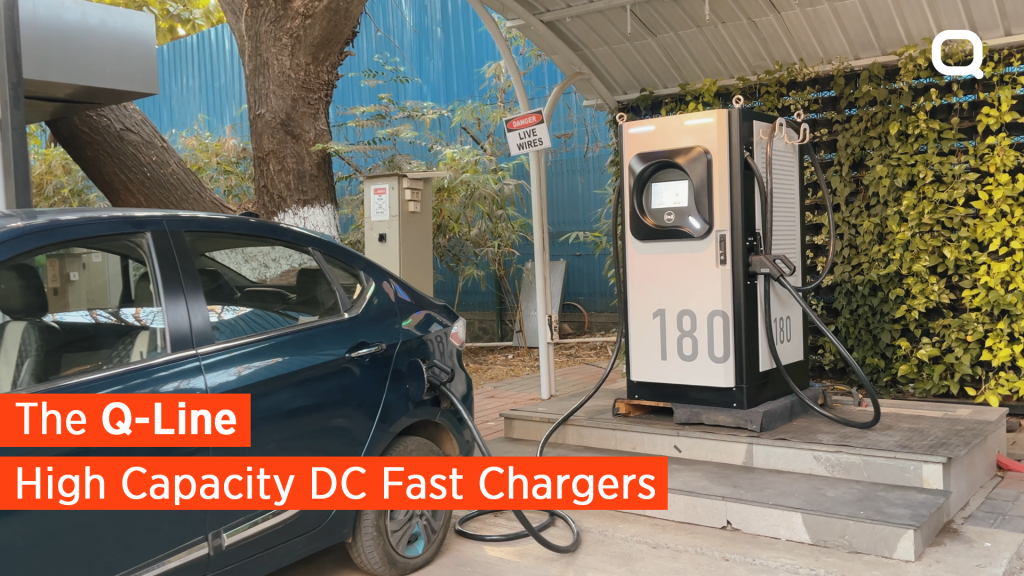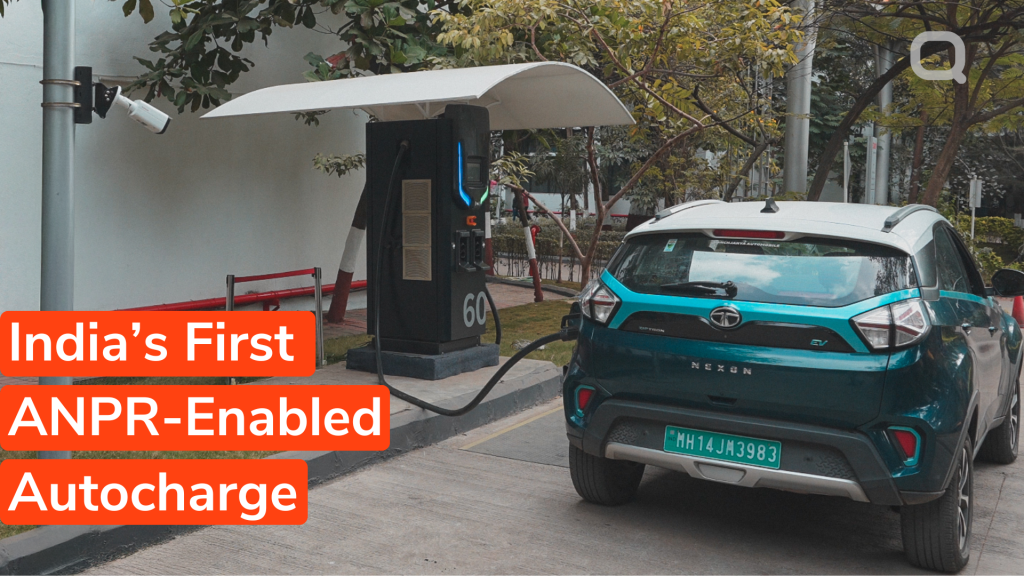Energizing India News 23 March ’22
Suzuki Motor Corporation stated that its future goal is to achieve carbon neutrality with small vehicles and that the business would maintain aggressive investment in India to attain self-sufficiency. (Atma-Nirbhar Bharat)
Suzuki Motor Corporation (SMC), a Japanese automaker, announced plans to invest roughly 150 billion yen (approximately 10,440 crores) in Gujarat by 2026 for the local manufacture of electric cars (BEV) and BEV batteries.
The corporation stated that it has signed a memorandum of understanding (MoU) with the Gujarat government in this regard. “The MoU was signed on March 19, 2022, in the presence of Japanese Prime Minister Fumio Kishida and Indian Prime Minister Narendra Modi at the India-Japan Economic Forum in New Delhi, India,” it continued. ‘Self-reliant India’ “Suzuki’s future aim is to attain carbon neutrality with compact automobiles,” asserted Toshihiro Suzuki, Representative Director and President of Suzuki Motor Corporation, adding that the business will continue to invest heavily in India to “realize self-reliant India [Atmanirbhar Bharat].”
Suzuki Motor Gujarat (SMG), a wholly-owned subsidiary of SMC, would invest 3,100 crores in enhancing BEV manufacturing capacity by 2025 and 7,300 crores in building a BEV battery factory by 2026 as part of the MoU. (land neighboring to the SMG). In addition, by 2025, Maruti Suzuki Toyotsu India, a joint venture between Maruti Suzuki India and Japan’s Toyota Tsusho Group, would invest a total of Rs 45 crore in the establishment of an automobile recycling factory.
Maruti Suzuki India Limited (MSIL), is a wholly-owned subsidiary of SMC. This is a significant milestone forward for Maruti Suzuki since it symbolizes the first venture into electric vehicles for Suzuki Motor Corporation’s Indian affiliate. With Maruti Suzuki’s competitors, such as Hyundai and Tata Motors, have revealed intricate plans for electrification of their goods, and Suzuki, through its worldwide tie-up that has been gearing up to join the non-ICE vehicle sector, India will be a vital factor in this goal and play a crucial part of this strategy. However, no changes to the EV launch timeframe, which Maruti had set in 2025, have been disclosed, so profitability will not be boosted immediately by EVs, even if the mood remains favorable. Due to a lack of infrastructure and government assistance, Maruti Suzuki has already shelved plans to deploy electric vehicles in 2020. What is fascinating to see is whether Maruti Suzuki will enter this market at the correct moment? Or perhaps its acknowledgment is a delayed event? As has already been established, there will be fierce rivalry in this electrification race.
